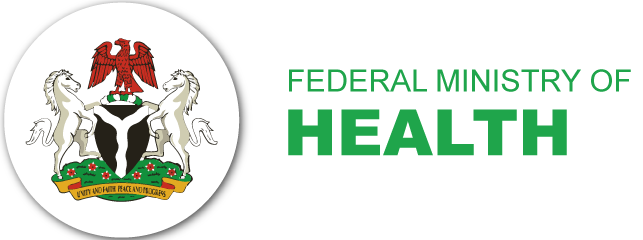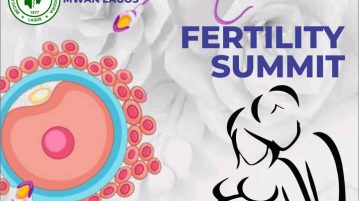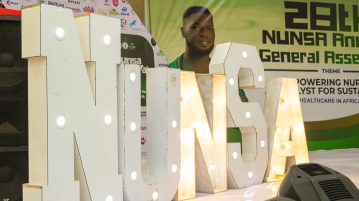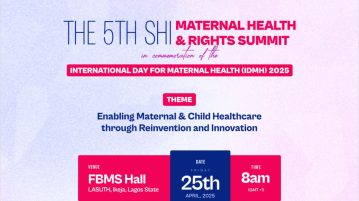On the 1st of August, 2022 the Federal Ministry of Health (Department of health planning, research and statistics) held the Lagos Health Sector Non-Governmental Organisations (NGOs) Conference, strictly for NGOs based in Lagos, at Ivory Exclusive Hotel, Anthony, Lagos. This conference, initially scheduled for the 28th of July 2022, was moved due to the Nigeria Labour Congress (NLC) warning strike which took place on the 27th and 28th of July 2022.
During the opening remarks of the meeting, Mr O. Okwudili – representing the Director, Department of Health Planning, Research & Statistics, MOH (Dr N. C. Azodoh) – mentioned that the federal ministry of health recognizes the fact that NGOs play key roles in providing services to communities. Especially in hard-to-reach areas. He further highlighted that NGOs are recognized as CSOs (Civil Society Organization), hence the creation of a coordination unit in the department of health planning, research and statistics to strengthen the Ministry’s engagement with CSOs and ensure they perform their functions effectively.
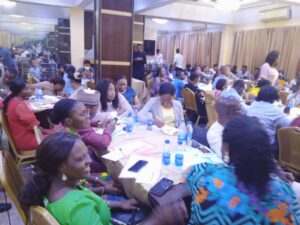
He also informed participants that there will be quarterly review meetings to create opportunities for knowledge and experience sharing, capacity building, networking and synergy amongst the health sector NGOs. And encouraged other NGOs to register with the federal ministry of health via the website designed for that purpose.
In the course of the conference, one of the speakers, Dr M. Udoh (founder of Youth Reformation and Awareness Center) emphasized on the need for NGOs to create businesses that can be used to finance their passion. As no NGO can sustain itself without funds, therefore, financial capability is key. She also advised that NGOs should not be jack of all trades when it comes to their area of focus, rather they should make sure that their NGO works in line with one of the sustainable development goals.
As an organization (NGO), “don’t start what you can’t sustain”. The key is to start small and build up.
Likewise, she highlighted the need to create publications that align with the goal of our organization. This would ensure that our works go far and stay relevant, citing an example that she has published about 14 books.
One of the key topics discussed at the conference was Resource mobilisation. This is the bringing together of both human and material resources, it involves making better use of and maximizing existing resources as it ensures the sustainability of an organization. Resource mobilisation should not be one-sided but its efforts should also address the needs of prospective funders. Also, when seeking for funds from local sources, it should never always be about “money”, instead it can be converted into materials needed.
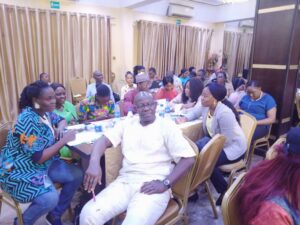
For effective resource mobilization – which drives grants, proposals, Consultancies, fund raising, donations and requesting in kind – Specific Resource Mobilization Strategy should be prepared for every organization. Some of the steps to achieve this includes: Identifying key stakeholders to drive strategy, Developing a central message, Define the gap to be filled by your intervention, Follow the set orders of the organization, Partner with other organizations that have similar goals, Be realistic with budget planning, Have an activity plan, Set up monitoring and evaluation Systems, Set up efficient and timely reporting and feedback.
Crucial steps in Writing Proposal are: Planning and preparation, Structuring the proposal, Sourcing and assembling relevant information to support the proposal, Avoiding plagiarism by all means.
Other general tips gathered during the conference include:
- NGO’s Board of Trustees should be people who share or have similar objective with the organization
- NGOs should also have a constitution that governs it, which should be drafted by a lawyer and a significant member of that organization. This way, everyone is sure of what is being written in the constitution.
- Also, every NGO should find a way to be registered with various organizations that will help in achieving set goals.
- For an NGO’s long-term survival and sustainability, there should be adequate record keeping and transparency, since the governance of NGOs follows the needs of the citizens.
- To get funding at government level NGOs need to understand the process of partnership and collaboration. Also, they need to remember that external funding is not a right.
To get a winning proposal; physical appearance matters, accountability is key, maintaining organization’s credibility and reputation is important.
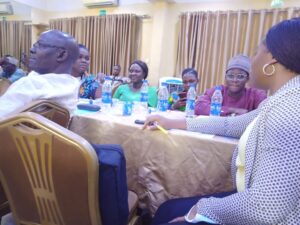
About Author:
Adekemi Isiyemi Daniel is a Program officer at Safer Hands Health Initiative. She is a passionate Community Health Educator and serial volunteer, with interest in maternal, child and adolescent health and wellbeing. She is a well-trained trainer of trainers, volunteers and community birth attendants. She can be reached via email – adekemiisiyemi@gmail.com, Facebook, Instagram, Twitter and LinkedIn.

